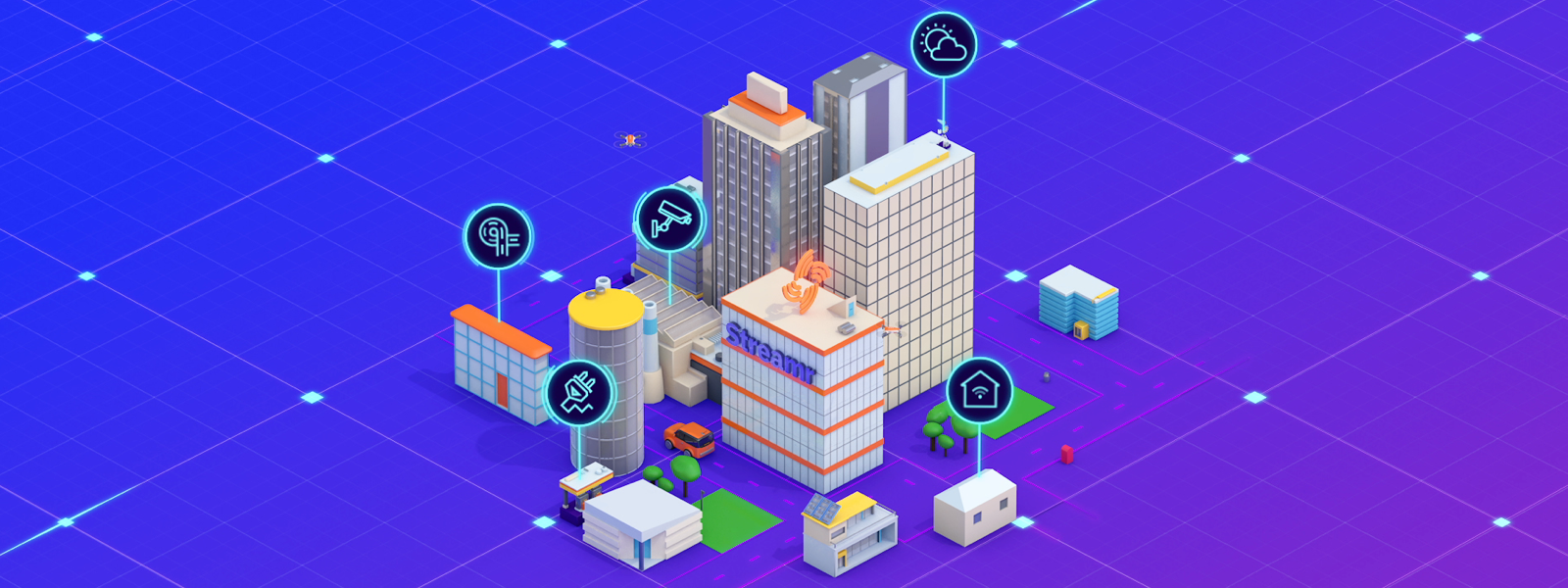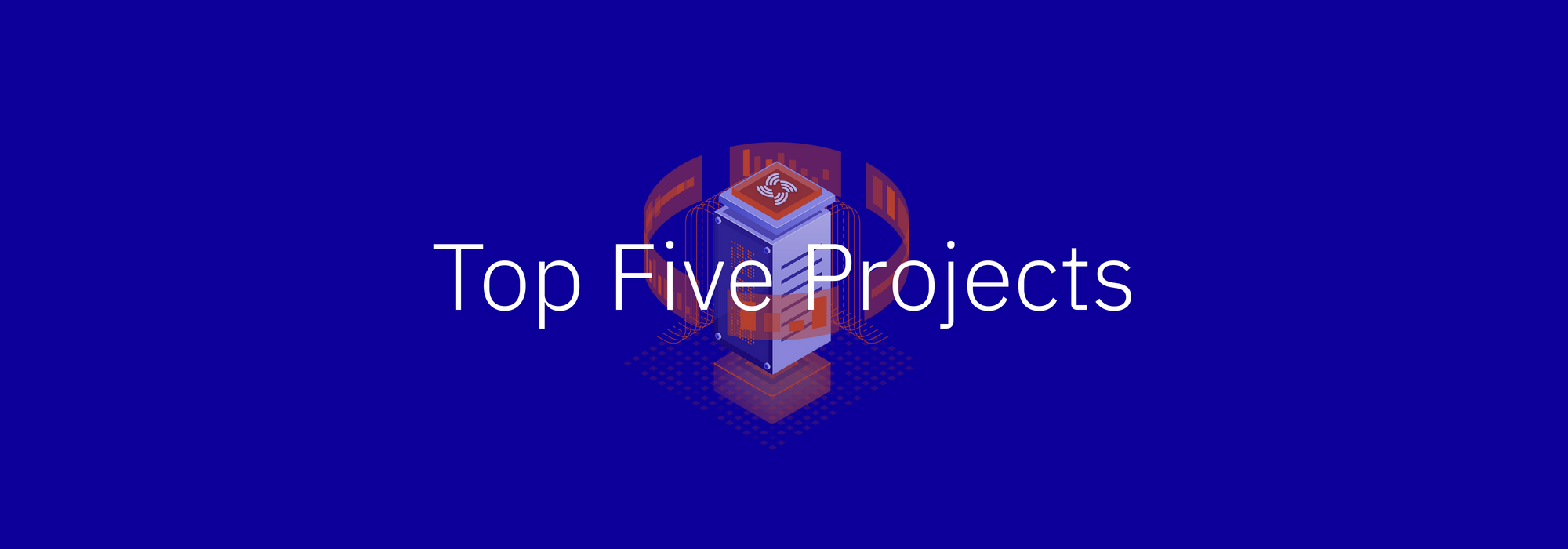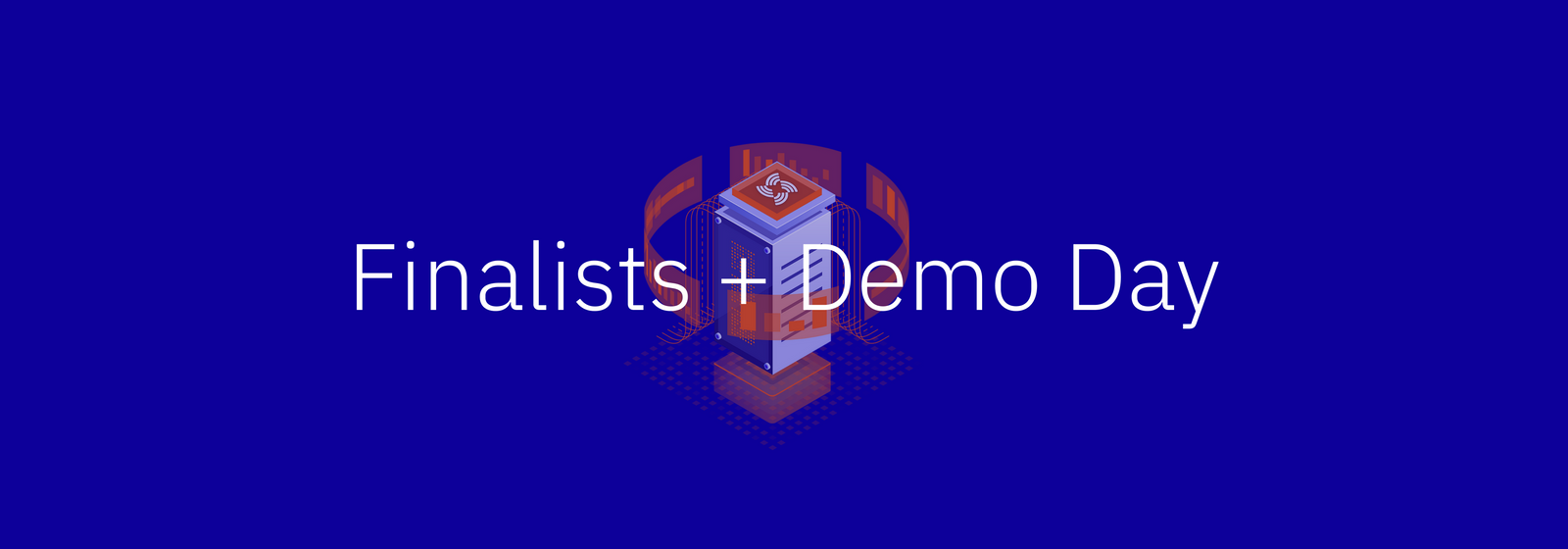
In today’s data-centric age, managing data and protecting user data is a top priority. The world as we know it has the capacity to generate large amounts of data. This year, every person on earth is estimated to generate 1.7 megabytes of data, every second. To put that into perspective, that’s 1.8 quintillion bytes of data in 2020 alone. With countless files scanned, reported and analysed, big data just keeps on getting bigger, and common people who contribute to these statistics need to be protected from user data abuse. This casts a spotlight on the need for efficient data management, and the importance of enforcing measures to sustain data privacy.
Data privacy aims to preserve the rights of individuals, regulate the purpose of data collection and processing, establish privacy preferences, and regulate the way organisations govern personal data of individuals. In the mix of solutions that cater to this need, blockchain tech-based solutions can make significant contributions to help preserve data privacy.
Blockchain technology made its debut when Satoshi Nakamoto published the Bitcoin whitepaper in 2009. Ever since, it has traversed through several industries and adapted to fit several use cases regarding big data and data science. As a matter of fact, blockchains and data science and big data are similar in more ways than some. Data science aims at creating protocols for proper data administration, and blockchains are enabled to create trustless databases by maintaining a decentralized ledger.
As such, blockchains have several applications within the big data realm that can enable data privacy and management. Here are seven ways through which blockchains can enable and perhaps even revolutionise data privacy.
Table of Contents
- Blockchains as immutable decentralized databases
- Preventing malicious activities with user data
- Generating self sovereign identities on blockchains
- Monetising user data usage among third parties
- Blockchain can provide verifiability to data
- Enabling data traceability with blockchains
- Enabling personalised smart experiences via predictive analysis with blockchains
Blockchains as immutable decentralized databases
One of the foremost things that we’d need to preserve data is an immutable set of records. As a database, blockchain technology can ensure that the data entered cannot be tampered with, ensuring data integrity. This is a handy application that can be applied to manage user data. Users can share their information with organisations, having full purview of the data that they shared and, to certain extents, how they are used.
Preventing malicious activities with user data
Blockchains are empowered with a democratised system of implementing changes via consensus algorithms. With this measure in place, blockchain-based databases can be quite formidable for any malicious activities like hacking user data. If a hacker with malicious intent tried to hack user data, said hacker can be easily identified and expunged from the network. Given the distributed nature of the network, it would be near impossible for a single party to gather the required computational power to tamper with the validation criteria and cause any further havoc.
Generating self sovereign identities on blockchains
With several public and private organisations (like governments and corporations) looking to digitise citizen/user identities, blockchains can create self-sovereign identities (SSIs). With SSIs, people and businesses can choose the personal information they want to share without relying on a central repository of identity data. These identities can be generated and used independently of nation-states, corporations, or global organisations. This solution will help the people govern and own their personal data.
Monetising user data usage among third parties
Data monetisation is a great use case for blockchain tech. In this data-centric world, people can decide who can profit from their personal data with self-sovereign identities and blockchain-based models. The scope for this use case is tremendous; over 60% of the total global GDP is expected to be digitized by 2022.Personal data will only continue to increase in value.
Streamr has revolutionised the idea of data monetisation through Data Unions. Service providers, advertisers, and any other organisation or individual can crowdsell their personal information on the Streamr Network, along with their fellow Data Union members, earning Streamr DATAcoins that can be spent in the real world. This is an apt example of how blockchains can be used to monetise data.
Blockchain can provide verifiability to data
In addition to storing data, blockchains can provide verifiability to user data. As a distributed and permanent record of transactions, user data can be encrypted to provide levels of access within a peer-to-peer network. This will prevent the existence of incorrect or duplicate data amongst peers within a network, verifying data that is added, authenticating the users who are present within the network.
Enabling data traceability with blockchains
Blockchains can enable data traceability, leading to more transparency and traceability to combat these losses. Blockchains can employ tokens to give users unique identifiers to store information securely. This information can even be stored off-chain with reference to its unique hashing algorithm. Moreover, permissioned blockchains can give exclusive access to the information on blockchains.
Enabling personalised smart experiences via predictive analysis with blockchains
User data involving behaviours and trends stored on blockchains can be used to mould personalised smart experiences. This can help facilitate extensive predictive analyses of data to provide product/service experiences that are unique to consumers on an individual level. Moreover, to unburden the process, blockchains can provide structured data gathered from individual consumers.
So what does the future of data management look like? With the need for data management and user data privacy growing, blockchain-based implementations and solutions will provide today’s data-centric-world-as-we-know-it with a means to simplify interacting and engaging in virtual environments (that’s the internet for you). The Streamr Data Union framework will open up a world where internet consumers can have seamless experiences in terms of data management and privacy by giving them the power to choose what happens to their data. This will also help shape meaningful relationships between businesses and their consumers.
—-
Do you think you can integrate a Data Union with your business? Or do you want to give your users the power to decide what happens with their own data?
Well join the Streamr Data Challenge and make your ideas a reality. Learn more here: https://www.streamrdatachallenge.com/






